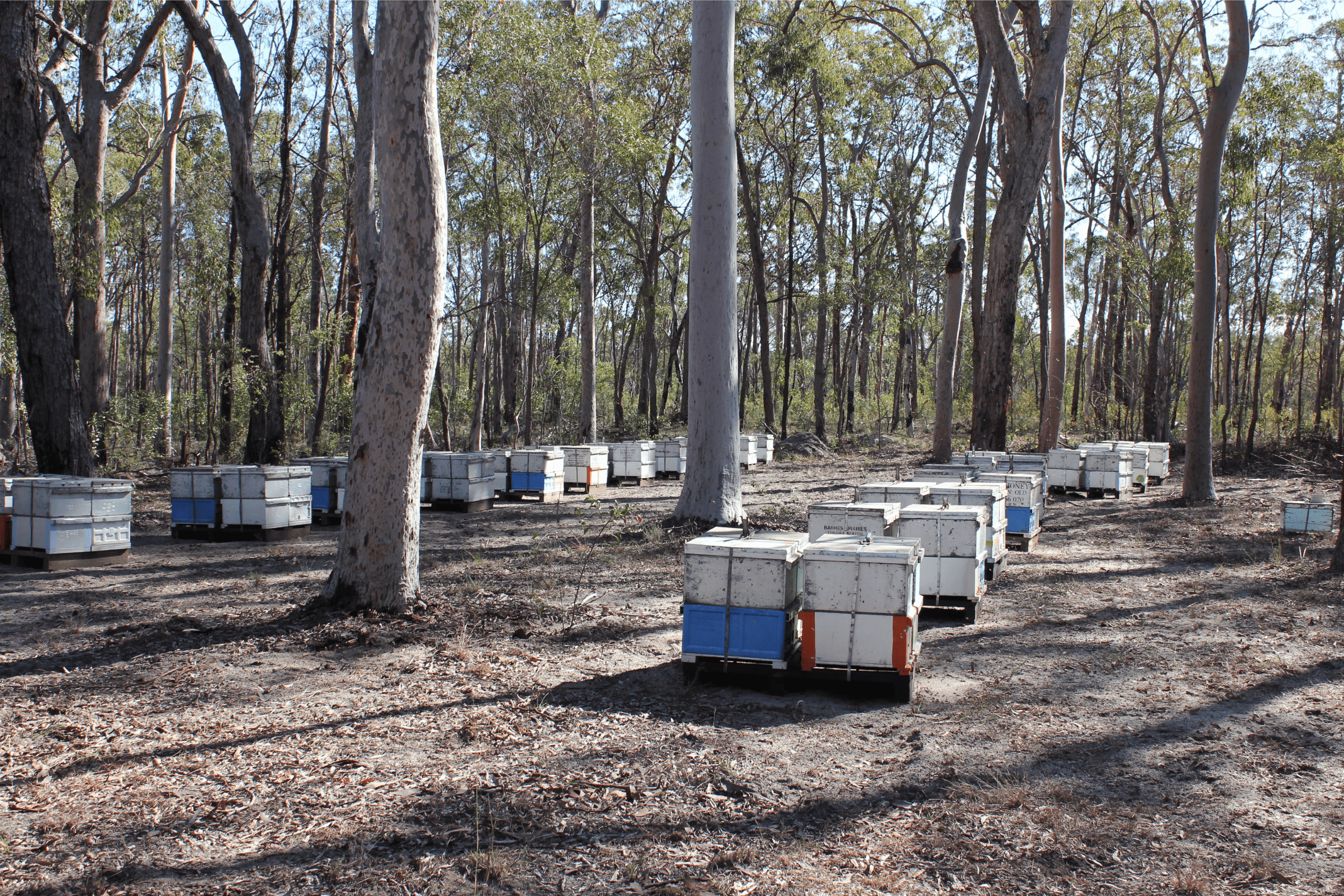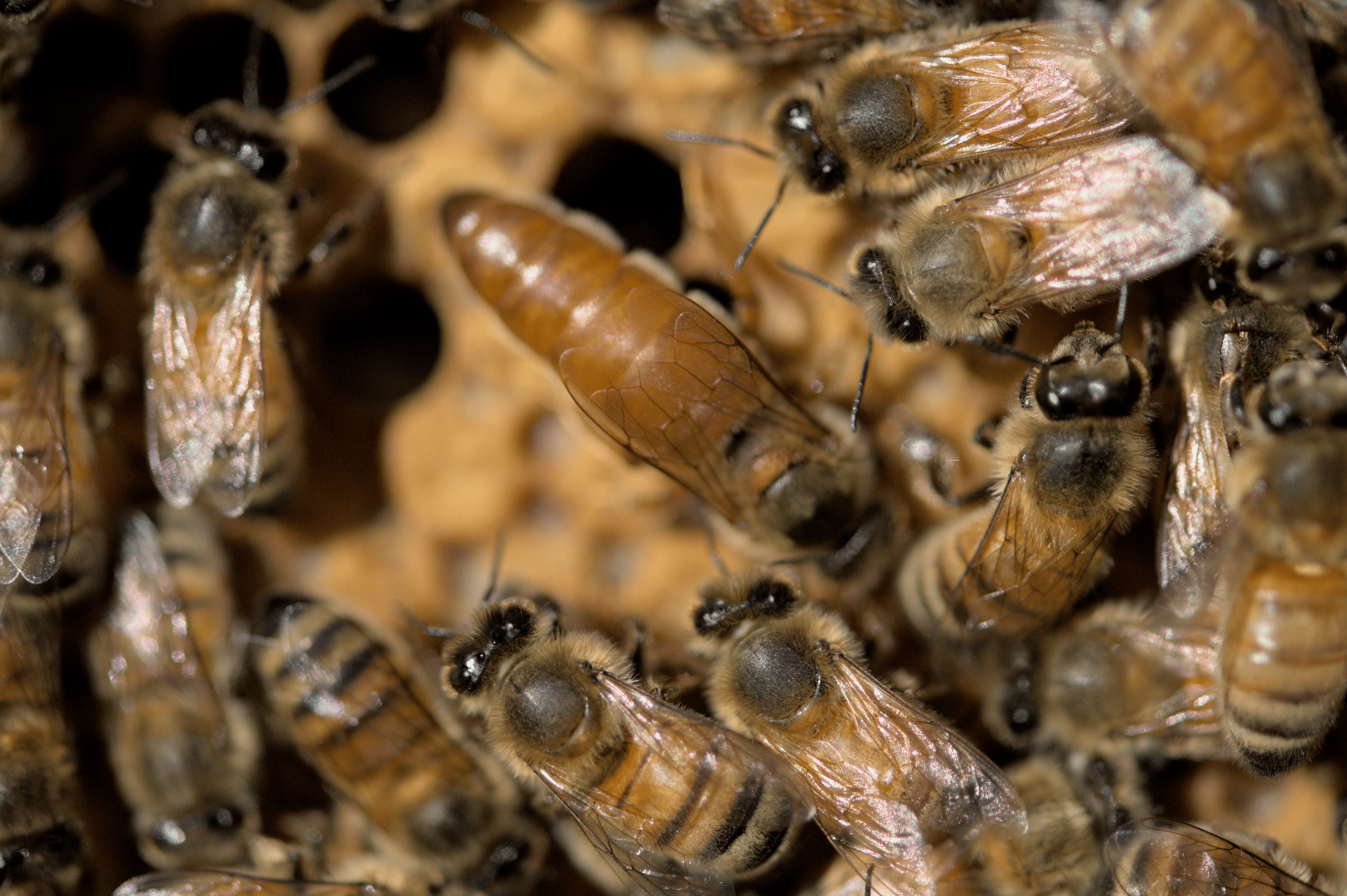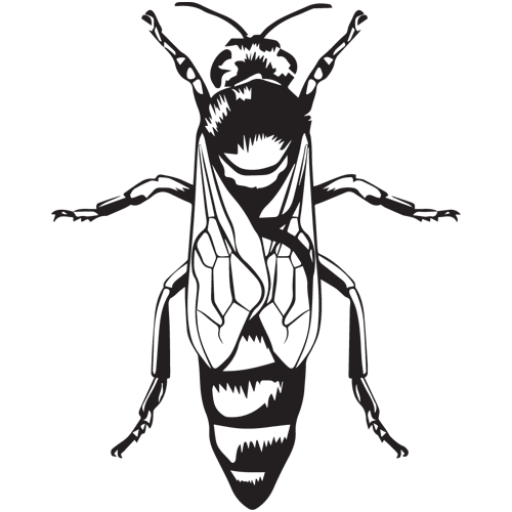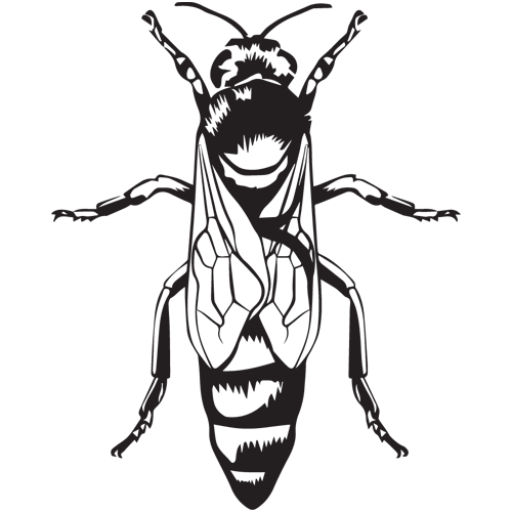Education
There is a lifetime of learning involved with becoming an apiarist.
Pathways to Industry
Most successful beekeeping operations in Australia are family businesses passed down through the generations. Nevertheless, there is an opportunity for those interested in becoming involved in the industry as a beekeeper or a role that directly supports the industry.
If you are interested in becoming a beekeeper the best way is to work for and learn from a successful beekeeper. You will need to be prepared for long and unusual hours and the odd bee sting.

Important Roles that Support Beekeepers
- Scientists – Studying bees and honey as well as honey bee pests and diseases
- Horticulturalists – Fruit, veggie and nut growers needing bees for pollination
- Agronomists – Working in pollination knowing what spray will affect bees
- Honey Packers – Marketing honey and bee products
- Government Department Officials- Bee Biosecurity Officers/ Forestry Administrators
- Farmers – For letting bees be put on their land to forage
- Industry Advocates and State Associations – Lobby the government and keeping beekeepers informed
Beekeepers Must Be
- Biologists – Thoroughly understand bee behaviour
- Climatologists – Read the weather and weather patterns
- Botanists – Understand the flowering habits of plants
- Builders – Building bee boxes and gear
- Truck Drivers – Moving bees and honey long distances
- Mechanics – Fixing breakdowns
- Painters – Painting bee boxes
- Labourers – Working bees and extracting honey
- Administration Officers – Keeping records up to date and staying on top of paperwork
- Quality Assurance Managers – Ensuring the best quality product is produced

What Our Members Say About Us
Hobby Beekeepers
Commercial Beekeepers
Total Qld Bee Hives
Bee Population Qld
Get in Touch
We encourage members of the public to connect with the QBA via email. One of our friendly team will be in contact with you as soon as possible.


